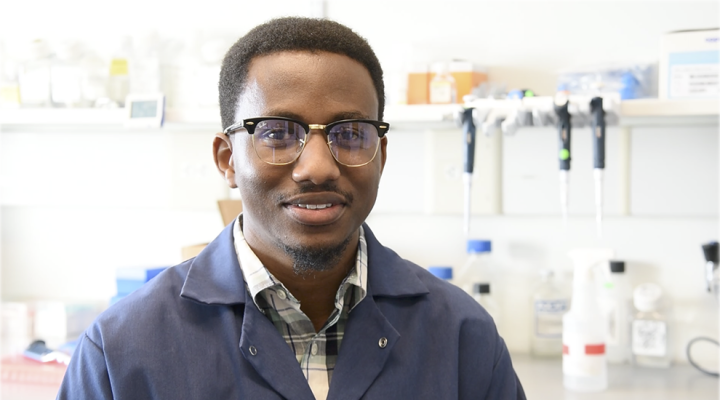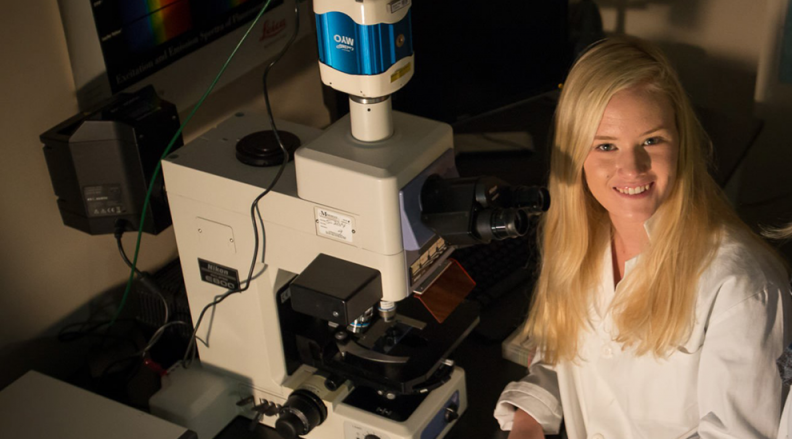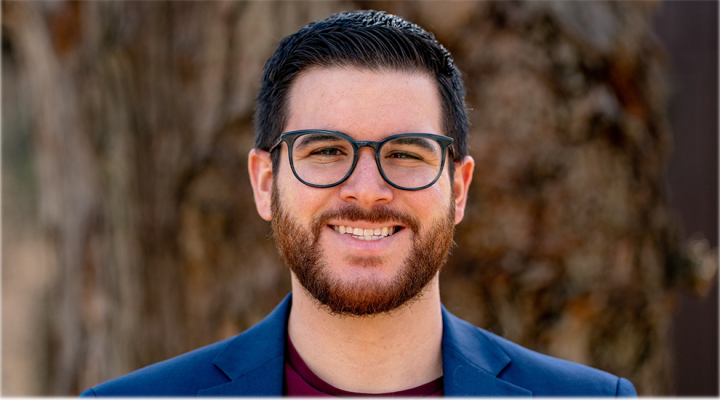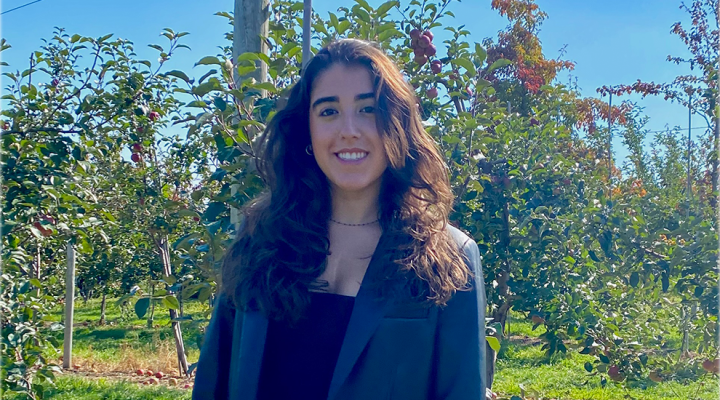Hometown: Sacramento, CA
BME Concentration: Biomedical Engineering PhD, Minors: Micro and Nanoscale Fabrication; Immunology and Infectious Disease
Lab: David Erickson and Ankur Singh Labs (co-advised)
Why did you choose Cornell?
I had trouble deciding whether to go to graduate school or not so I decided not to decide. I applied to 4-5 of the top graduate schools for biomedical engineering and said “If I get in, I will go. If I don’t get in, I will go find a job that sounds interesting.” Cornell was the only school I was accepted to and here I am with no regrets.
What drives your interest in biomedical engineering and what do you like the most about it?
I am a big proponent of community service and helping others and I see medical research as a way to help a large number of people even without knowing them directly. Biomedical research is some of the most meaningful research out there and that keeps me motivated every day.
Describe your concentration or research topic:
I am minoring in Micro and Nanoscale Fabrication and Immunology and Infectious disease. My main thesis project involves a microfluidic white blood cell capture and counting device that we hope to use to rapidly diagnosis sepsis (infection of the blood stream) at the point of care. Our goal is to create a test that runs in under an hour and for less than $20.
What's your favorite Cornell or BME experience and why?
I had a blast mentoring my first intern, Katie, this summer through the REU program hosted by the Cornell Nanofabrication Facility. I did an REU as a junior in undergrad and my mentor was, frankly, not the best. I was determined to be the best mentor I could be to my mentee. This summer Katie and I learned a lot from each other and about ourselves. We got some excellent research results! I was so sad to see her leave but looking forward to seeing where she goes in the future. She inspired me to continue mentoring and to appreciate all the mentors I have had along the way even more.
While at Cornell/BME, what do you do for fun?
Many PhD students may disagree with me here but: I take classes. Sometimes related to my research, such as Immunology or Immuno-engineering, and sometimes totally off the wall, like Archery. Cornell is famous in no small part due to its professors, so why not learn from them? Especially when “grades don’t matter in grad school” or you can audit/drop classes if you can’t make it work. Try something new.
The best thing about Cornell is . . .
The resources, faculty, and my fellow BME students.
The greatest challenge I’ve faced at Cornell . . .
Knowing when I need a break.
How has the Cornell faculty impacted your time at Cornell?
The faculty here are incredibly inspirational and supportive. My inbox is constantly bombarded with opportunities for conferences, funding, events, and jobs and I wouldn’t have it any other way. Even if some of them go unread, a good number of them lead me to amazing experiences that I never would have pursued otherwise.
What have you learned about yourself as a result of your Cornell/BME experience so far?
My first two years here at Cornell have taught me to prioritize my work life balance and recognize my own signs of burnout. I have learned to prioritize my mental wellbeing and to learn when to take a break.
Have you explored outside of Cornell? What is your favorite thing to do in Ithaca? Any recommendations?
Anyone who knows me knows I love to knit. You’ll often see me knitting in class or seminar. I also love teaching people to knit so if you want to learn let me know. I am also a huge fan of the Farmer’s Market, especially the Cambodian food.
When you reflect on your time at Cornell, what stands out the most to you?
I love my research. I have become infatuated with immunology and infectious diseases. It is amazing to me that nature has formed such a complex defense system within our bodies to manage the bombardment of microbial life that we come in contact with every minute of every day. I am also passionate about point-of-care diagnostics because the main goal is to increase accessibility by decreasing cost and time to results. Point-of-care diagnostics are truly an area where the simplest, yet most elegant solution is often the best and I love that.
What advice do you have for other students considering study or research in Biomedical Engineering?
My advice for other students is that it is okay to not know what you are going to do next or to have everything planned out. Often times opportunities present themselves when you need them most, as long as you keep an open mind.
What’s the next step for you?
I think after graduation in a few years I would like to move back West and run a research lab for a biotech company. But in the short term, I would love to get a puppy.
More info/follow:





